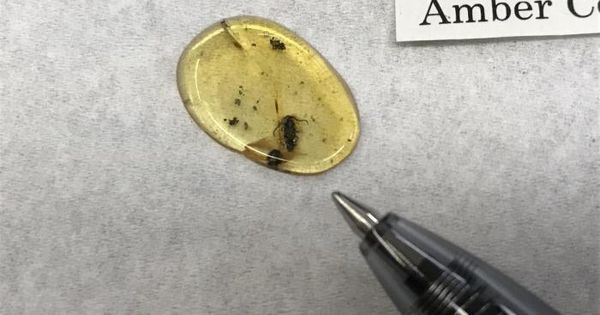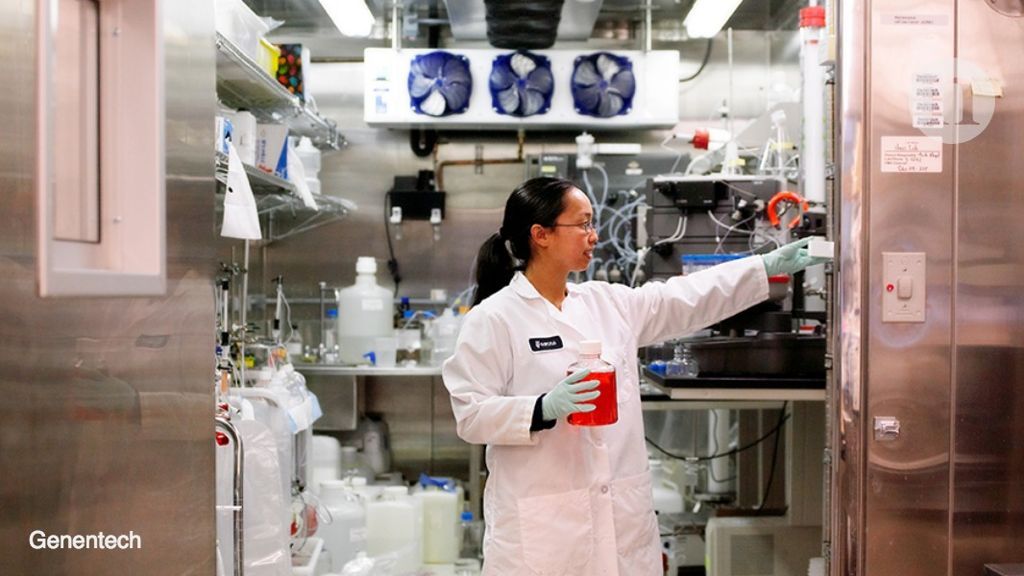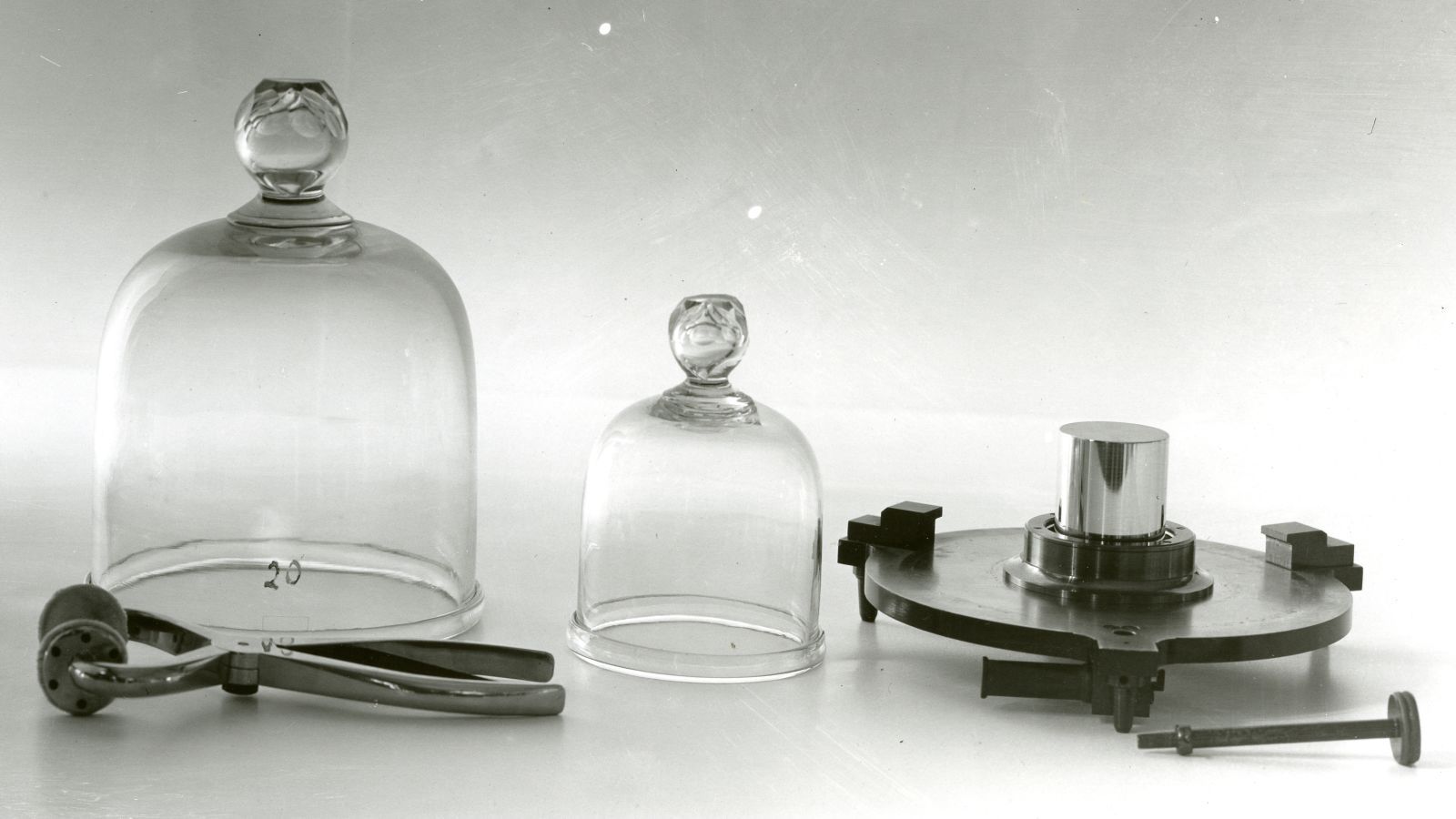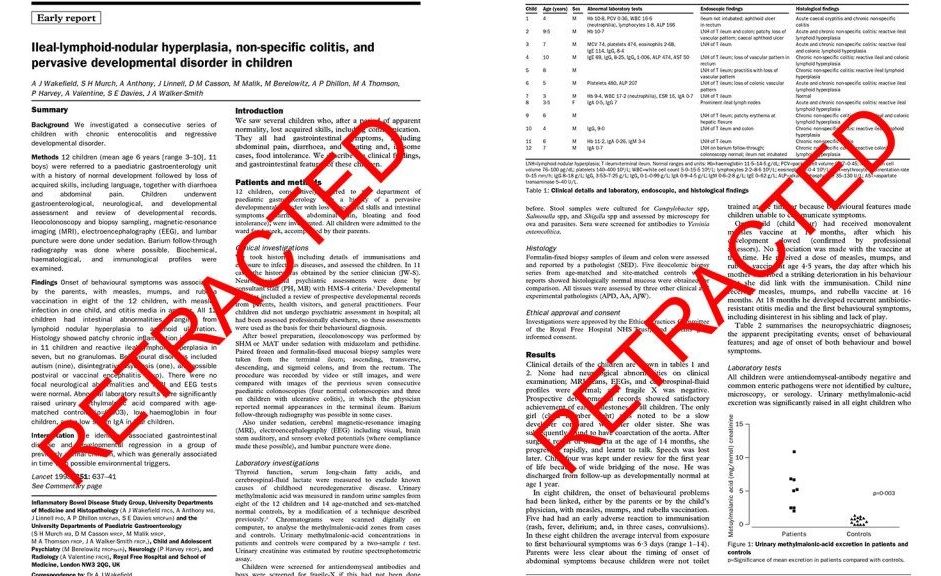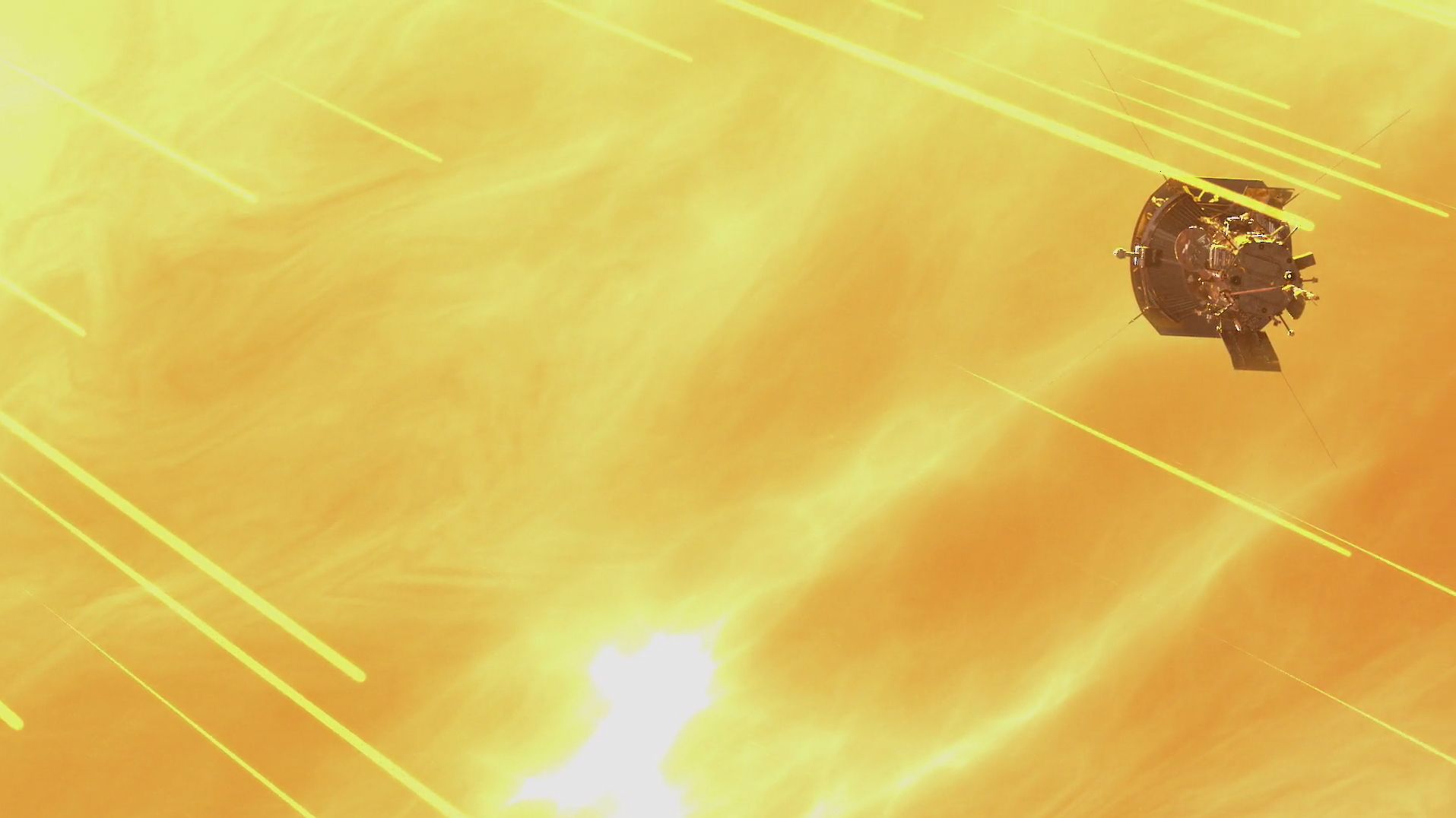Page 9121
Nov 7, 2018
How The Netherlands Is A Leader In Sustainable And Eco-Friendly Agriculture
Posted by Genevieve Klien in categories: food, sustainability
The Netherlands exports more crops than almost any other country in the world and places a lot of value on sustainable, eco-friendly agriculture.
Nov 7, 2018
Samsung Foldable Phone Launching This Week, Developer Conference Reveals
Posted by Genevieve Klien in categories: futurism, mobile phones
“The problems the Bay Area is facing are the problems of success,” says Grant. The northern California metropolis is among the top 50 science cities in the Nature Index, measured by its contribution to the authorship of 82 high-quality research journals. When assessed solely on the output of its corporate institutions, it ranks number one. The question is whether the Bay Area can, in the face of mounting social problems, retain these companies and the brilliant researchers whose work they depend on.
Scientific innovation has long powered the San Francisco Bay Area’s economy, but community and political challenges could undermine progress.
Nov 6, 2018
Could Solar Radiation Pressure Explain ‘Oumuamua’s Peculiar Acceleration?
Posted by Saúl Morales Rodriguéz in category: space
Abstract: ‘Oumuamua (1I/2017 U1) is the first object of interstellar origin observed in the Solar system.
Recently, Micheli et al. (2018) reported that ‘Oumuamua showed deviationsfrom a Keplerian orbit at a high statistical significance.
Nov 6, 2018
Japan Develops World’s First Test to Detect Cancer via Urine Samples
Posted by Nicholi Avery in categories: biotech/medical, engineering
Scientists in Japan have developed the world’s first test that can detect cancers in patient urine samples. The breakthrough technology by Japanese researchers from engineering firm Hitachi has been in development for two years and it may be made available by 2020.
According to Agence France-Presse, the research team will work with Nagoya University to analyze 250 urine samples to check for breast, colon, and childhood forms of the disease in central Japan. The experiments will begin this month and end in September.

Continue reading “Japan Develops World’s First Test to Detect Cancer via Urine Samples” »
Nov 6, 2018
The Way We Define a Kilogram Could Change Next Week
Posted by Genevieve Klien in category: futurism
The future of mass depends on a conference vote next week.
A long-discussed resolution for next week’s General Conference on Weights and Measures would toss out the international prototype of the kilogram—a hunk of platinum and iridium in Paris that everyone agrees weighs 1 kilogram. Instead, the International Bureau of Weights and Measures (BIPM) would redefine the International System of Units to ensure that kilograms are based on things that can’t change over time. It would require an entire rethinking of how kilograms work.
Nov 6, 2018
Database of 18,000 Retracted Scientific Papers Now Online
Posted by Genevieve Klien in category: materials
The blog Retraction Watch released an online database of more than 18,000 papers and conference materials that have been retracted since the 1970s.
Nov 6, 2018
Computer vision identifies signs of early Alzheimer’s up to 6 years before clinical diagnosis
Posted by Genevieve Klien in categories: biotech/medical, robotics/AI
Researchers have developed a novel AI method that uses AI to detect early signs of Alzheimer’s disease up to six years before it’s formally diagnosed.
Nov 6, 2018
NASA’s mission to ‘Touch the Sun’ just reached its first major milestone with close flyby
Posted by Genevieve Klien in category: space
It’s been a busy month for the Parker Solar Probe which, if you haven’t been keeping track, is currently moving faster than any man-made object ever and also closer to the sun than anything humans have ever built. The spacecraft launched a couple of months back, but it’s finally ready to do some science, and it just made it first close pass by our Sun, which is obviously cause for celebration.
The probe, which will make dozens of passes of the star, achieved its closest distance of this particular loop (called “perihelion”) on Monday night. Now, its handlers back on Earth are eagerly awaiting word from the craft so that it can share whatever information it has gathered.
